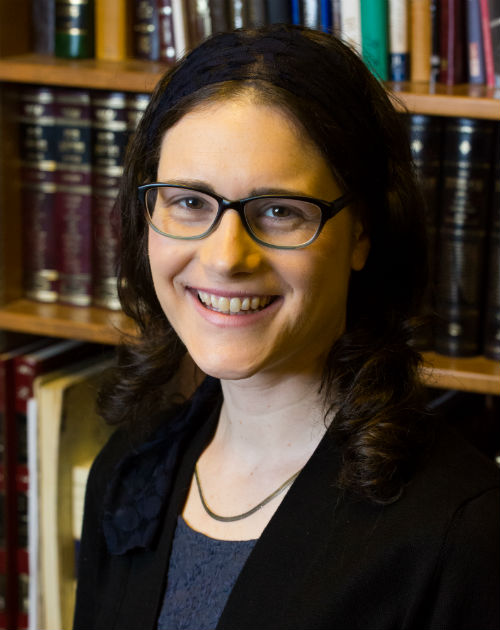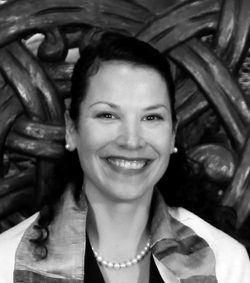Women and Girls

Birth, Visibility, and Justice
Ishah ki tazria. Parshat Tazria opens with laws related to a woman giving birth. The Torah’s terse account of birth screams out for interpretation, for filling in the space between these black letters with the many, and varied, experiences of birth. These stories are so necessary because people are often blind to experiences of birth,...
more

Of Migrants and Midwives
While we know the names of Shifra and Puah, the Egyptian midwives who disobeyed Pharaoh and saved Jewish baby boys, in Parashat VaYislach we meet an unnamed midwife who is present for the precarious birth of Benjamin. According to Genesis 35:16-19, while our migrant ancestors were on an arduous journey en route from Beth El...
more

The Heel, the Heart and the Binary
What does Moses’ closing address to the Children of Israel have to do with gender? It’s no secret that Torah is gender specific. The Hebrew language assumes a gender binary. Rabbinic Judaism accorded the greatest amount of esteem and religious status to those whom we often refer to today as cis-gendered men – individuals who...
more

Pursue Justice So That You May Truly Live
This week’s Torah portion contains one of the most famous justice-related verses in Torah: “צֶ֥דֶק צֶ֖דֶק תִּרְדֹּ֑ף, / tzedek tzedek tirdof” — “Justice, justice shall you pursue!” Although the parsha begins with the injunction to establish judges, this instruction — to pursue justice — doesn’t seem to be aimed solely at those whose job it...
more

Proximity for Consolation and Deliverance
July has been a hard month. Elie Weisel passed away. Alton Sterling and Philando Castile were senselessly shot and killed by policemen. Women wearing tallit, kippot, and tefilin while praying with the Torah were shouted down and called “Amalek” by fellow Jews at the Kotel. Eight police officers, five in Dallas and three in Baton...
more

Safe Homes. Healthy Relationships. Strong Women.
A number of years ago, my good friend Shira and I dressed up for Purim festivities on the Upper West Side of Manhattan. My costume consisted of platform sandals, bell-bottoms, and a bohemian tunic, my hair parted down the middle and secured with a colorful head-band. Shira wore blue jeans, a tiara, and a black...
more

Sacred Intimacy: Sacred Obligation
A man must not withhold sexual pleasure from his wife. This is God’s message in this week’s parasha (Exodus 21:10). The context is: “if [a slave woman] proves to be displeasing to her master who designated her for himself… [and] if he marries another, he must not withhold from this [slave woman] her nearness of...
more

Appropriate Responses
The rape of Jacob’s daughter Dinah by Shechem and subsequent verses (Bereshit, chapter 34) is one of the most disheartening episodes in the entire Torah. Where is Dinah’s voice in this narrative? What did Dinah think and feel? Who comforted her after such a frightening episode? Sadly, shockingly, we never hear from Dinah. She speaks...
more

A Feminist Lens on the Story of Sarah and Hagar
Many people around the world consider Genesis Chapter 16 of this week’s parasha—describing Hagar’s marriage to Avram, her pregnancy and her ill-treatment by Sarai—to be a glimpse of things to come in relations between Jews and Muslims, even between Israelis and Palestinians. While this perception distorts the long history of Jewish-Muslim relations through history, the...
more

